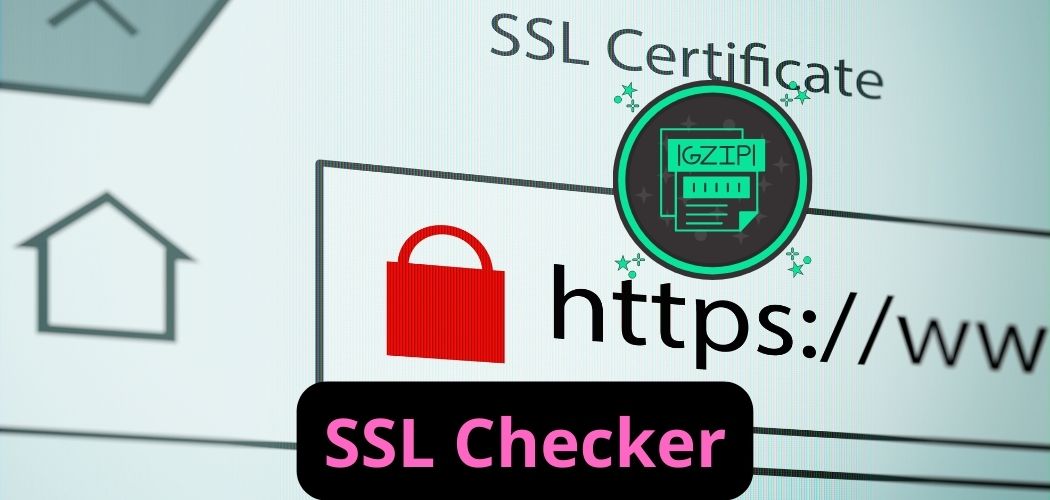SSL Checker
Ensure the security of your website with SocialPhy's SSL Checker. Quickly verify SSL certificate installation, validity, and reliability for error-free browsing experiences and safeguard user data.
Share on Social Media:
SocialPhy's SSL Checker is a powerful tool designed to ensure the integrity and security of your web server's SSL certificate. Easily verify the installation, validity, and reliability of your SSL certificate to prevent potential errors and safeguard user data. With a simple interface, just input your server's public hostname, and the SSL Checker quickly assesses the SSL configuration, providing peace of mind for website administrators. Stay ahead of potential security vulnerabilities and maintain trust with your users by utilizing SocialPhy's SSL Checker today."
Explore our comprehensive online tool for assessing SSL security:

Certificate Insights: Validate certificate installation, issuer identification, and Subject Alternative Name (SANs) for thorough security assessment. Gain detailed insights into the certificate's validity, authenticity, and adherence to industry standards.
SSL Expiry Check: Determine current certificate validity status, expiration days, and calculate remaining time for renewal. Ensure uninterrupted encryption by staying informed about certificate expiration dates and proactively renewing them.
TLS Protocols Analysis: Identify TLS/SSL Protocols compatibility, versions, and ensure optimal encryption standards for specified hosts. Stay up-to-date with the latest TLS protocols to maintain robust security measures against evolving cyber threats.
Cipher Algorithms Retrieval: Retrieve supported cipher suites for each TLS/SSL protocol, and check for enabled unsafe ciphers to bolster security. Enhance encryption protocols by selecting secure cipher algorithms compatible with modern security standards.
Vulnerability Scanner: Detect known risk security issues such as BEAST, POODLE, Heartbeat, Ticketbleed, ROBOT, and more for proactive mitigation strategies. Safeguard your digital assets by identifying and addressing vulnerabilities before they are exploited by malicious actors.
Server Headers Examination: Gain insights into server capabilities and security settings through detailed analysis of response headers. Optimize server configurations to enhance security posture and mitigate potential vulnerabilities.
SSL Definition and Evolution: Learn about Secure Sockets Layer (SSL), a cryptographic protocol ensuring secure communication between web servers and browsers. SSL, a predecessor to Transport Layer Security (TLS), encrypts all data transmission, providing unreadable communication if intercepted. Stay informed about the evolution of SSL/TLS protocols and encryption standards to maintain robust security measures.
Browser-Server Communication: Understand the handshake process between client browsers and servers, ensuring secure HTTPS connections through certificate validation and encryption protocols. This seamless process safeguards sensitive information from third-party interception, guaranteeing encrypted and secure communication channels. Protect your data privacy and integrity by ensuring secure communication channels between browsers and servers.
What is SSL Checker
The SSL Checker is a tool that allows you to verify the SSL certificate on your web server to ensure it is correctly installed, valid, trustworthy, and error-free for your users. To use the SSL Checker, simply enter your server's public hostname (internal hostnames are not supported) in the box below and click the "Check SSL" button. If you need an SSL certificate, you can also consult the SSL Wizard for more information on how to obtain one.
In addition to the SSL Checker, you can also use other tools to assess your SSL server configurations:
SSL Server Test (Developed by Qualys SSL Labs): This tool enables you to check the configuration of any SSL web server on the internet. You can view recent results, ratings, and errors for SSL servers across different domains and hosts.
SSL Certificate Checker: This tool allows you to verify an SSL certificate by entering the hostname and port number. Simply enter the common name for which the SSL certificate was issued (e.g., mysite.com, www.mysite.com, or an IP address like 111.111.111.111) and the port number (usually 443). The tool will verify if the certificate is correctly installed and valid.